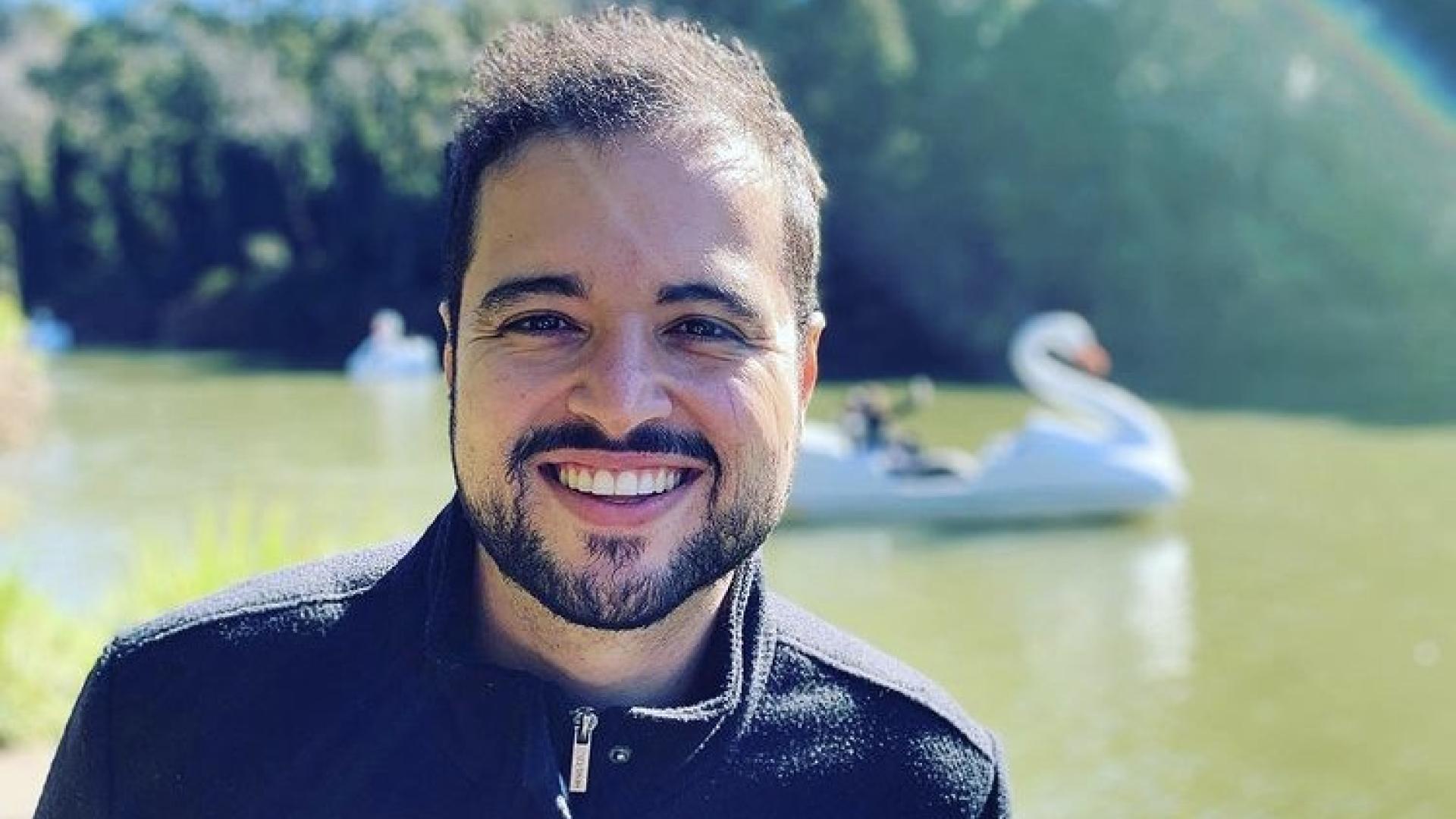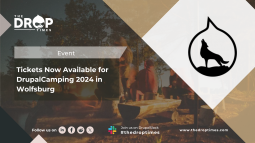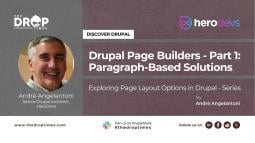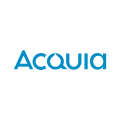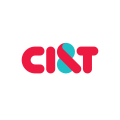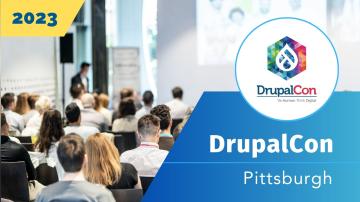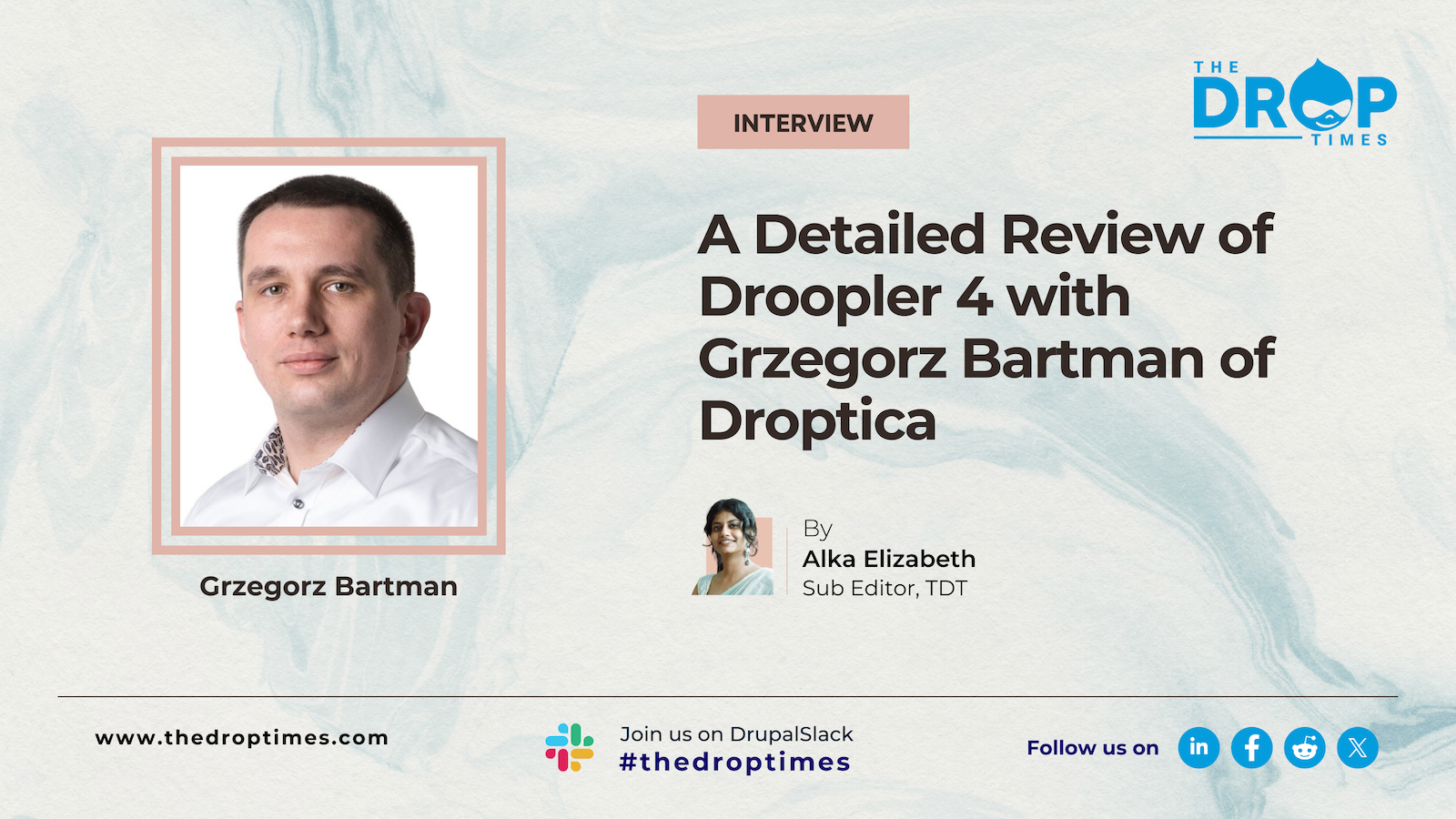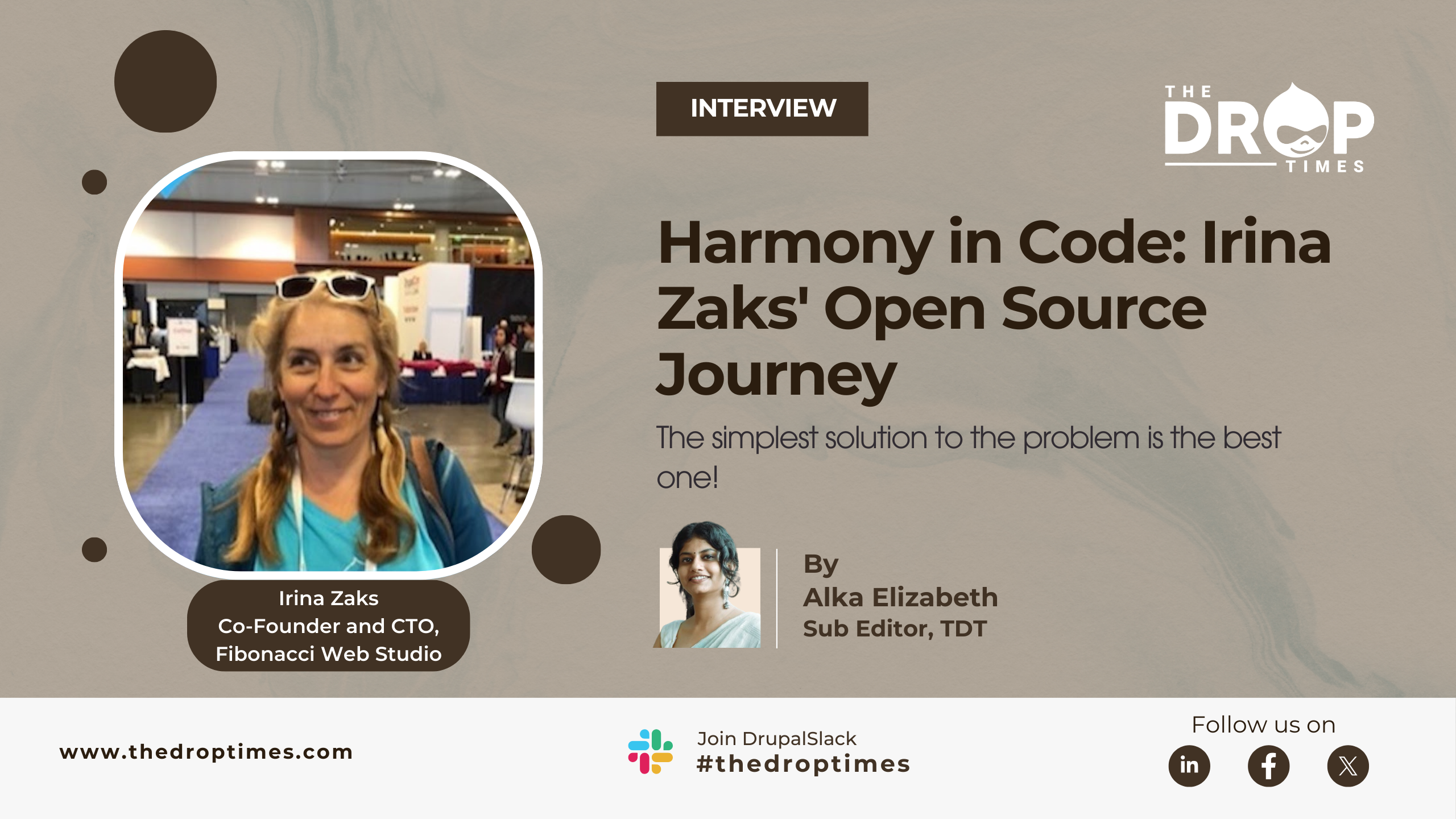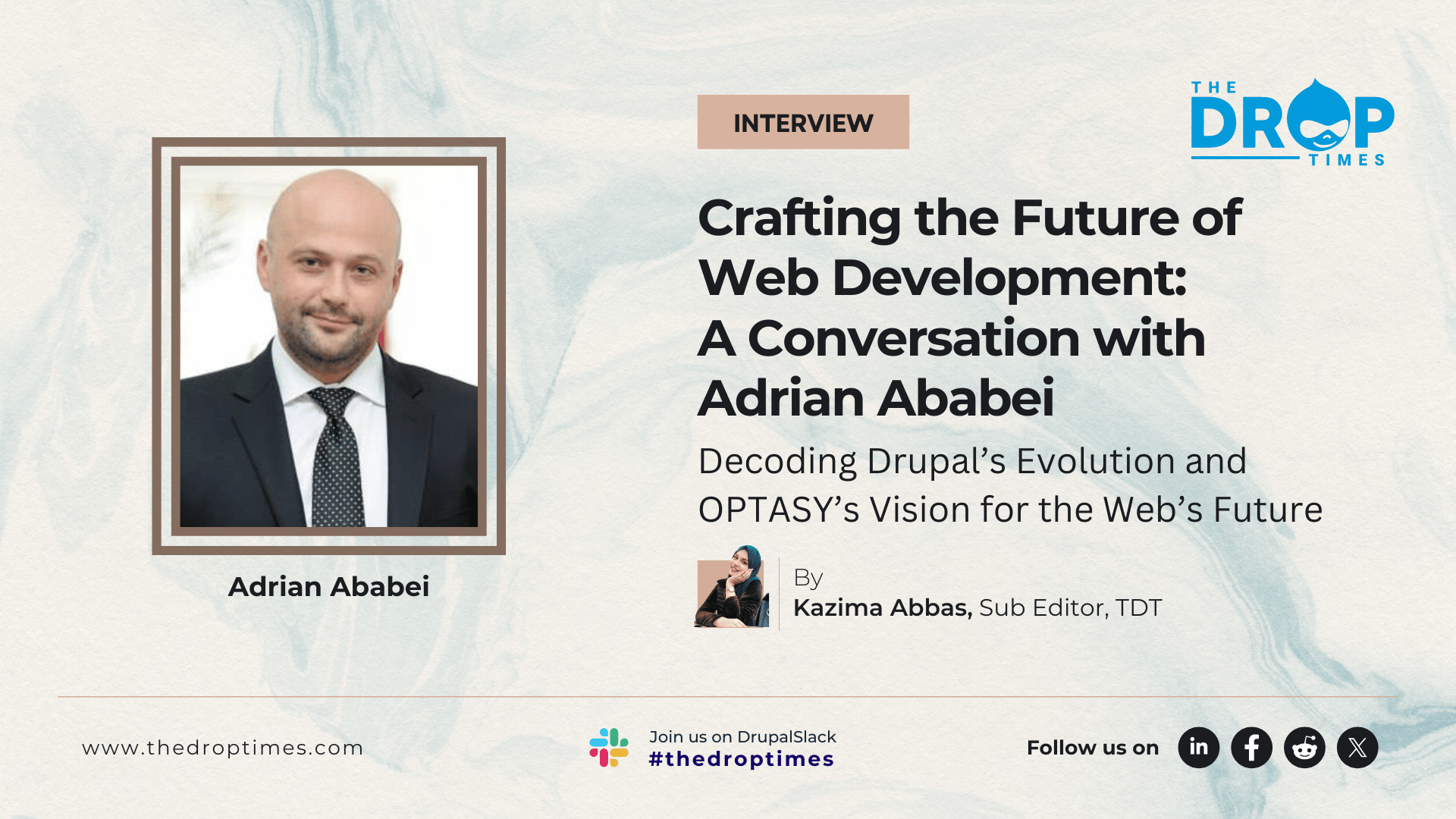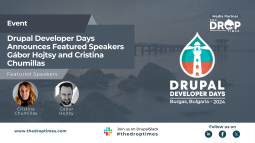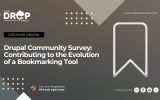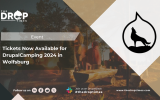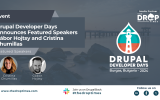Drupal Presented the Ideal Platform for Me to Work with; Renato Gonçalves | DC Pittsburgh 23
With DrupalCon 2023 being a day away, TDT has a few interviews coming through to you. Highlighting the presenters’ journey to this conference is as vital as morning coffee, a little boost before the event, preparing you with all the energy you can take.
Renato Gonçalves, software engineer at CI&T, is a speaker at the upcoming DrupalCon Pittsburgh. His session titled ‘Knowing and Using Capabilities of CKEditor 5 with Drupal 10’ is designed for all actively working with Drupal, including developers, site builders, marketing professionals, and content editors.
From the beginning of his career, Renato was drawn to the concept of open-source, and with PHP being his favorite programing language, Drupal checked all the boxes, so that became his focus. His interest in open-source led him to pursue a master’s in computer science, focusing on open software, the subject he is most interested in.
Alethia Rose Braganza, a Sub-Editor at TDT, spoke to Renato to hear from him about his journey with Drupal. Keeping DrupalCon in mind, TDT also got to ask a few questions about his session, CI&T’s Drupal Competence Office (DCO), and his contribution to the Drupal community.
Dive into the completed interview below!
TDT [1]: How did you begin your career working with Drupal, and what sparked your interest in this particular CMS?
Renato Gonçalves: In 2015, I began my career with Drupal while working at CI&T. I was attracted to this CMS framework by my admiration for the open-source community concept and PHP, my favorite programming language. So I’d say that Drupal presented the ideal platform for me to work with the technology I enjoy while actively contributing to the community.
TDT [2]: What does it mean to be a software engineer at CI&T. What initially motivated you to pursue a career as a Software Architect?
Renato: As a software engineer at CI&T, I spent six years focused on programming solutions for Johnson & Johnson. Transitioning into a Software Architect role was awesome as this technical leadership position allows me to design technical solutions, and I’m able to work management area that I also love.
TDT [3]: Could you tell us about the Drupal Competence Office? And How does the Drupal Competence Office (DCO) contribute to fostering a culture of expertise and knowledge?
Renato: The CI&T’s Drupal Competence Office (DCO) is a committee of architects and software engineers focusing on enhancing multiple Drupal-related topics in the company. It includes organizing training sessions, certifications, and participation in events like DrupalCon, DrupalCamp, and Drupal Training Days. The DCO also encourages contributing to the drupal.org community. For instance, the DCO suggests developing reusable control modules that can benefit other websites with similar requirements instead of creating custom modules.
TDT [4]: In what ways does the Drupal Competence Office (DCO) support the professional growth and development of architects and software engineers who work on Drupal projects?
Renato: The Drupal Competence Office (DCO) has an important role in supporting the professional growth and development of architects and software engineers working on Drupal projects. The DCO trains and guides new programmers, providing opportunities to work actively in the Drupal community and understand the community’s flow. This hands-on experience contributes to their careers as they gain proficiency in the community contribution process and learn to develop reusable solutions. As a result, when these professionals are assigned to other projects for CI&T’s clients, they usually demonstrate solid skills and outstanding performance in community-driven development.
TDT [5]: According to your Drupal.org profile, you are currently completing a master’s degree in computer science. How did you envision the impact of a master’s degree in Computer Science on your career prospects and professional opportunities, and what are your goals and aspirations in the field upon completing your studies? Could you also tell us a bit about your Bachelor’s Degree? Would that be related to your current career field?
Renato: I completed my bachelor’s degree in systems analysis in 2011, and since then, I have been working with software development, initially with Java and later with PHP. Currently, I’m doing a master’s degree in computer science with a focus on the open-software area; that’s the subject I’m most interested in.
There is an environment that allows me to keep in touch with great academic professionals, to enhance my knowledge and skills to reach my research goals. After completing my master’s degree, I plan to start a doctorate. Additionally, I plan to continue exploring events in the United States, such as DrupalCons, as it offers a vibrant community of experts with whom I can engage and exchange valuable experiences.
TDT [6]: You also have a couple of Acquia Certifications. How have your Acquia certifications positively influenced your professional growth and career opportunities?
Renato: Acquia certifications had a positive influence on my professional growth and career opportunities. Each of my certifications has been specifically focused on the technologies we actively use, including my most recent one, “Drupal 9 Developer Certification”.
The number of certified professionals at CI&T improved our relationships with clients. For instance, in 2020, when we were working on a project for a huge healthcare company using Acquia Cohesion (now Site Studio), we recognized the importance of this new certification. We organized a study group to ensure our team was well-trained, resulting in 21 certified professionals.
This achievement positioned our company as the leader Top #1 with the highest number of certified professionals then.
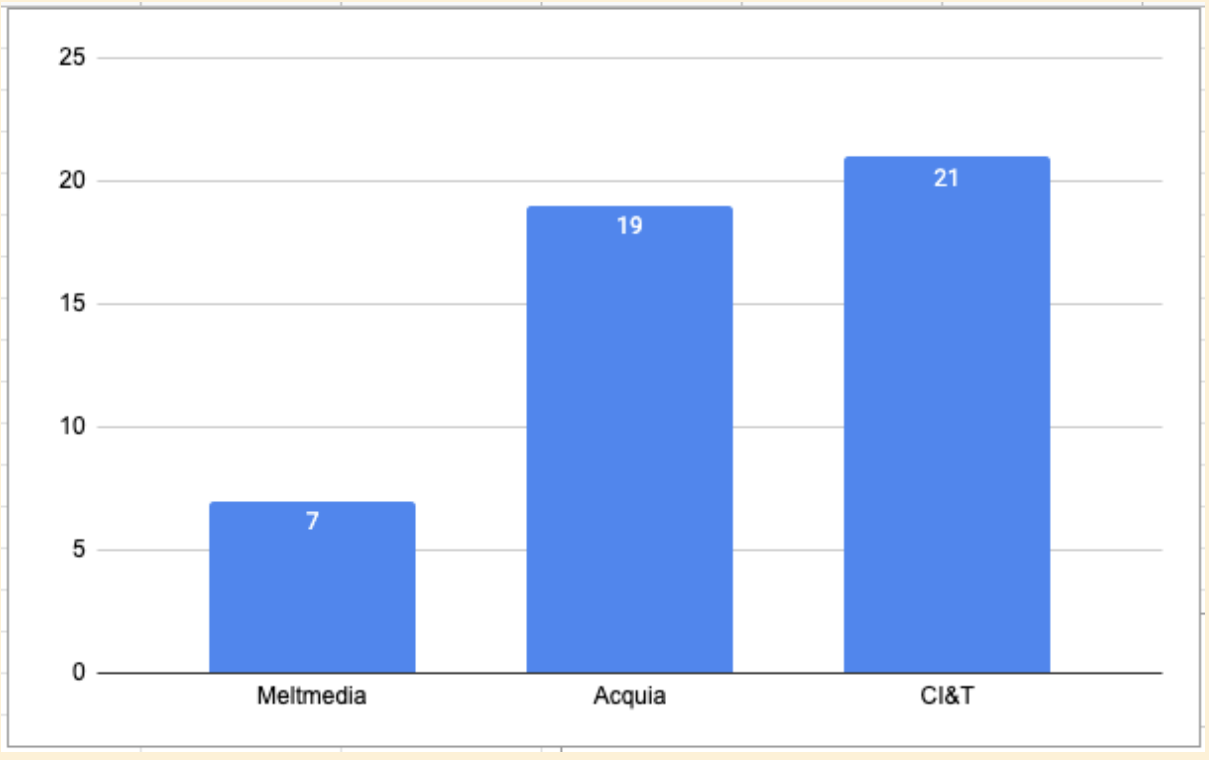
We received excellent feedback from our relationship manager with Acquia:
“Congratulations CI&T Team! Outstanding work towards this milestone, and once again, you guys are ahead of the competition.”
Antonio Piccinini, Acquia Partner Manager
TDT [7]: As someone with multiple Acquia certifications, what advice or tips would you give to others considering pursuing these certifications or advancing their expertise in the Drupal ecosystem?
Renato: Well, talking about Acquia certifications or advancing expertise in the Drupal ecosystem, I have a few tips to share. First, I recommend taking the “Self-assessment” available on the Acquia website. It’ll help you know your strengths and weaknesses in the areas covered by the certification exam. Once you have assessed your knowledge, it’s essential to define a time for studying and practicing. Online simulations are particularly beneficial, as they help familiarise you with the exam format and improve your time management skills.
In some exams, the person has just 1 minute 30 seconds per question, so it’s crucial to practice against the clock. Lastly, regardless of the results of the certification exam, the learning experience itself is invaluable. The knowledge gained through studying for the certification greatly benefits professional growth.
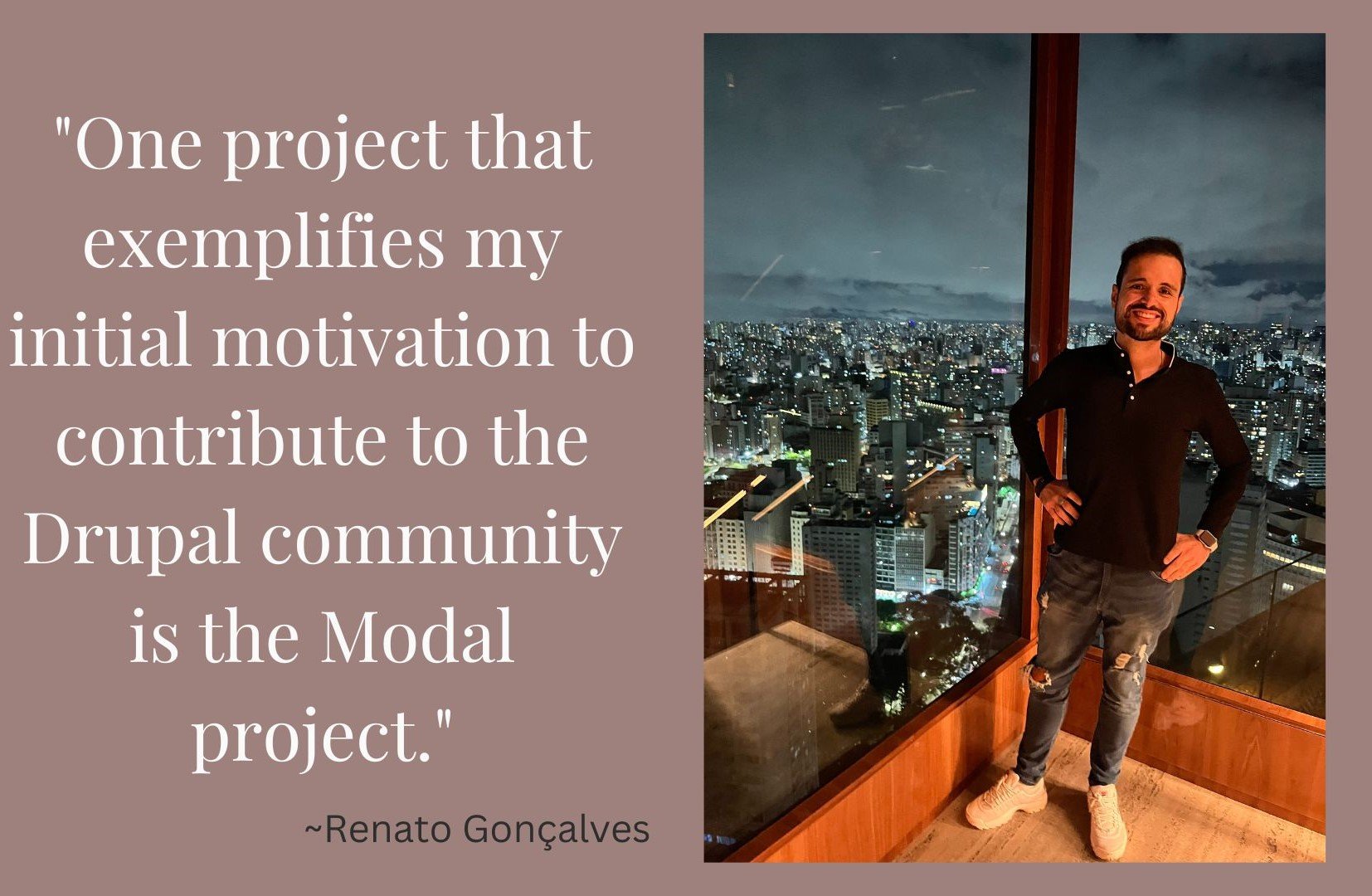
TDT [8]: Your first motivation was to contribute to the Drupal community by helping others with your exact requirements. According to you, what significant areas/ projects have you worked on that display this initial motivation?
Renato: One project that exemplifies my initial motivation to contribute to the Drupal community is the Modal project. While studying Drupal 8, I had a simple requirement of displaying a modal (pop-up) for new visitors. Recognizing that this requirement could also be useful to other websites, I developed the ‘Modal’ module in drupal.org using a generic way to be reused in the community. It has since gained significant traction, with over 2000 sites reporting its usage. This project proves the value of contributing to the Drupal community and helping others with similar requirements, showcasing the collaborative and impactful nature of the community-driven approach.
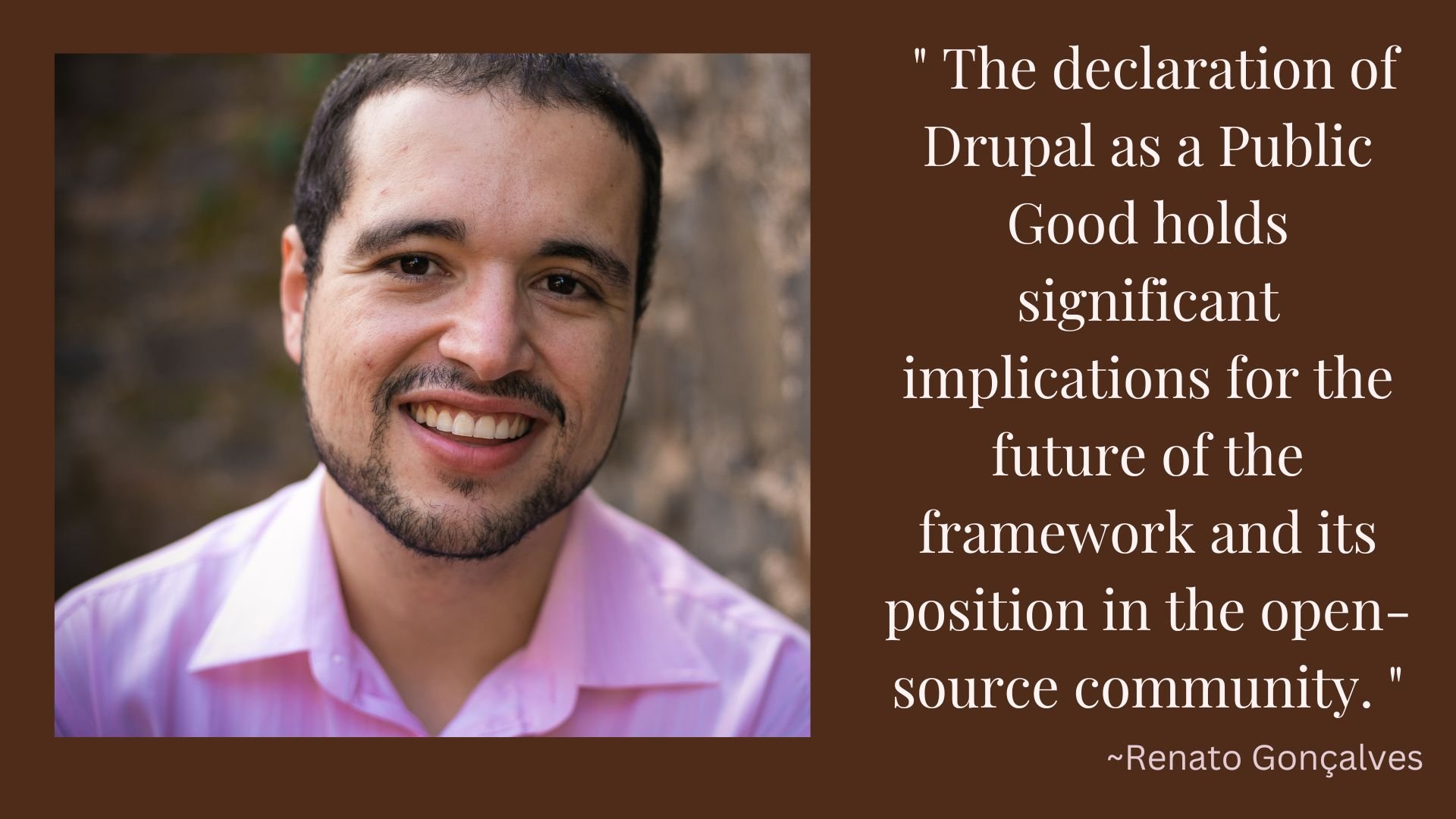
TDT [9]: Tell us about your choice of presentation at DrupalCon. We would love to know about your session,’ Knowing and Using Capabilities of CKEditor 5 with Drupal 10’.
Renato: It’s always a pleasure talking about CKEditor, a powerful editor I like so much. This session is intended for developers, site builders, marketing professionals, and content editors who actively use Drupal. The new version of CKEditor 5 offers many powerful features, including user experience (UX) enhancements and advanced image management capabilities.
In addition to the existing features available in the free version, CKEditor now provides premium features that can be used by purchasing a CKSource license. These premium features include real-time collaboration, suggestions, comments, and more. I’d say that If you’re using these premium capabilities, working with CKEditor in Drupal becomes a similar experience to using Google Docs, for example. I believe that this bunch of functionalities is awesome and deserves to be shared with the Drupal community.
TDT [10]: Lastly, Drupal was declared a Digital Public Good a few weeks ago. As someone who strives to contribute towards the Drupal Community, according to you, what would this declaration mean for the Future of Drupal and its place in the Free Open Source Community
Renato: I believe the declaration of Drupal as a Public Good holds significant implications for the framework’s future and its position in the open-source community. This declaration brings considerable strength to Drupal in the market, and I think it’ll help increase its popularity and attract more contributors to our Drupal community.
As an active Drupal contributor, I’ve always admired Drupal’s power. This declaration reinforces these qualities and improves its plans for the future. It’ll also increase the adoption in the public sector, which is another positive point.
Being a Public Good means that Drupal cannot be restricted or limited in its usage. This inclusivity will increase the Drupal user base and the framework’s popularity, resulting in a stronger community overall. In addition, this recognition contributes to the advancement of a safer web environment.
In summary, the declaration of Drupal as a Public Good will transform the framework into an even more popular CMS and strengthen the community. It’ll open new opportunities for collaboration and innovation, making Drupal a cornerstone of the Open Source Community.
Related Event Sessions
Disclaimer: The information provided about the interviewee has been gathered from publicly available resources. The responsibility for the responses shared in the interview solely rests with the featured individual.
Note: The vision of this web portal is to help promote news and stories around the Drupal community and promote and celebrate the people and organizations in the community. We strive to create and distribute our content based on these content policy. If you see any omission/variation on this please let us know in the comments below and we will try to address the issue as best we can.



